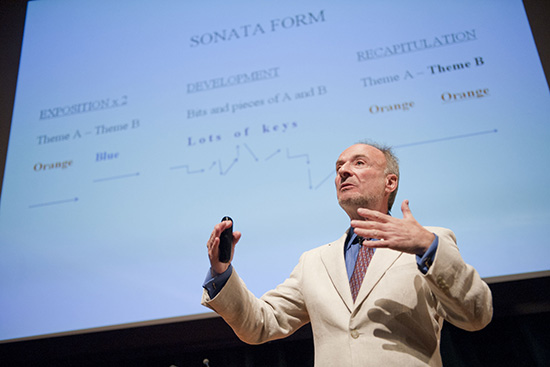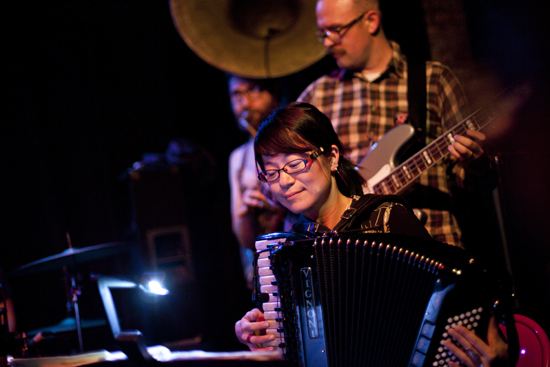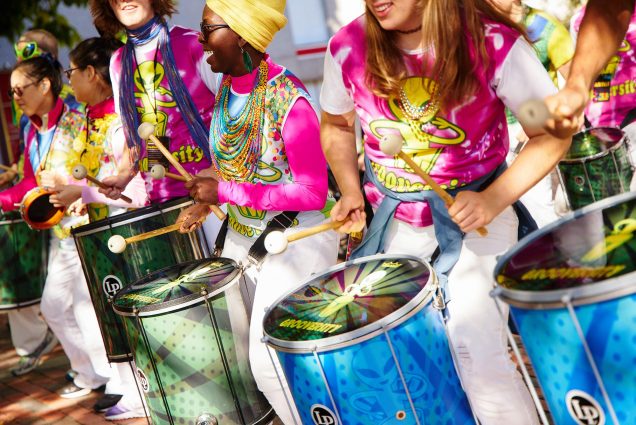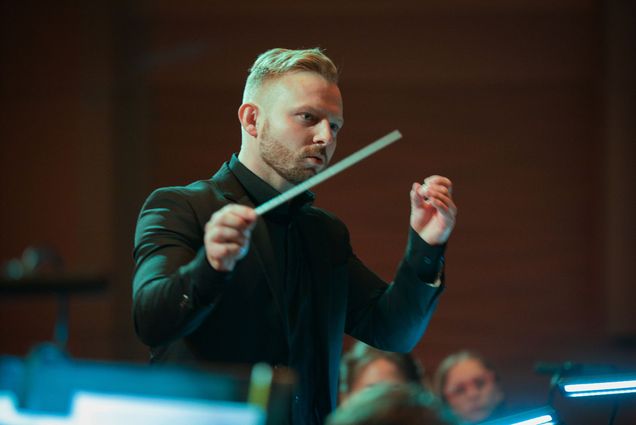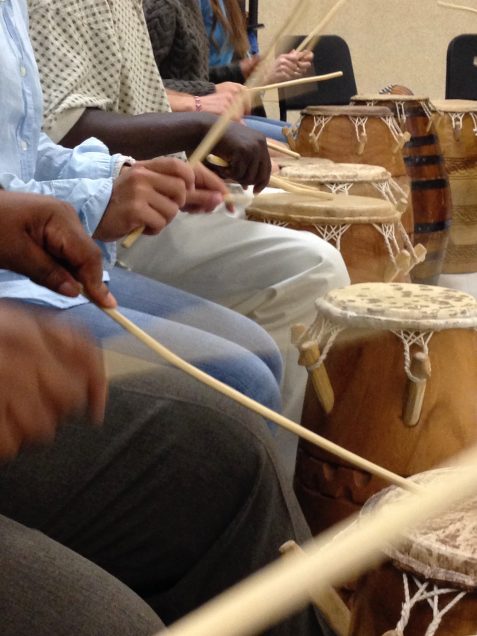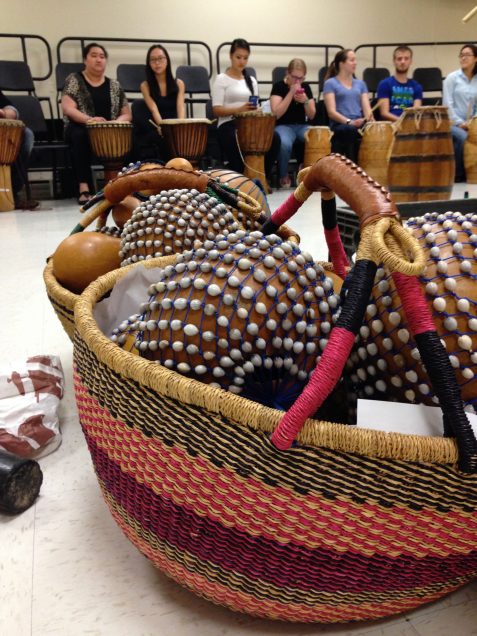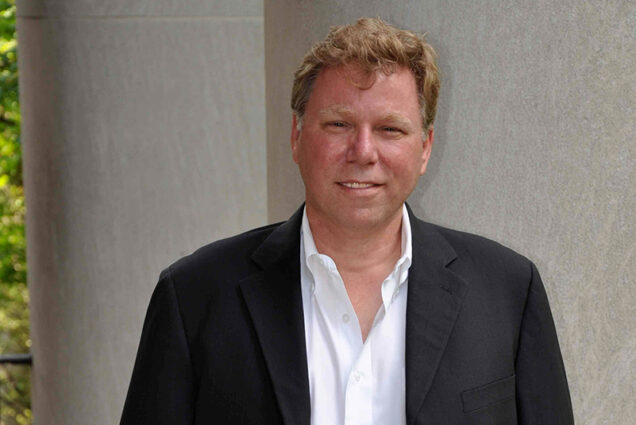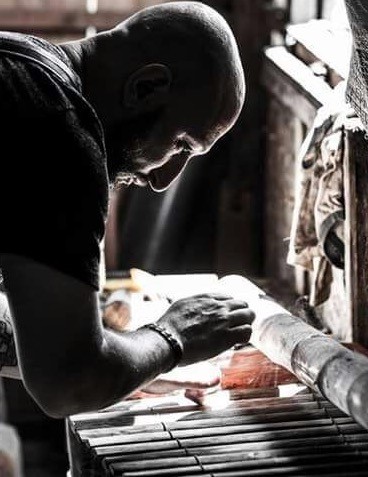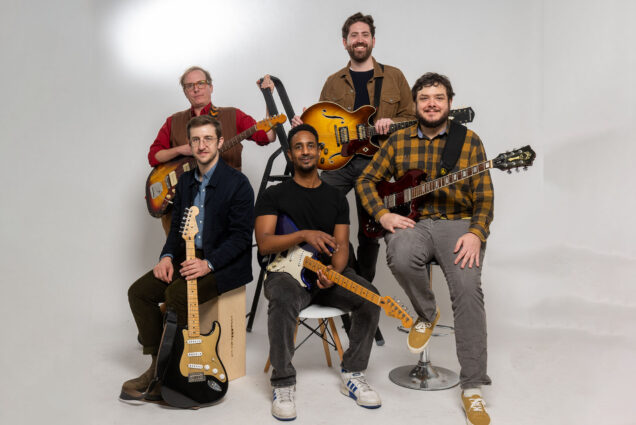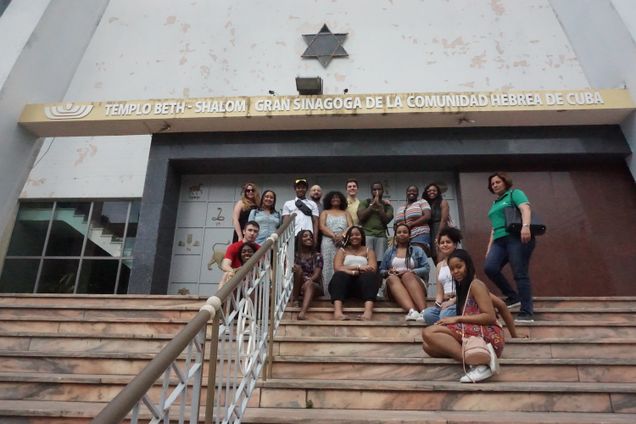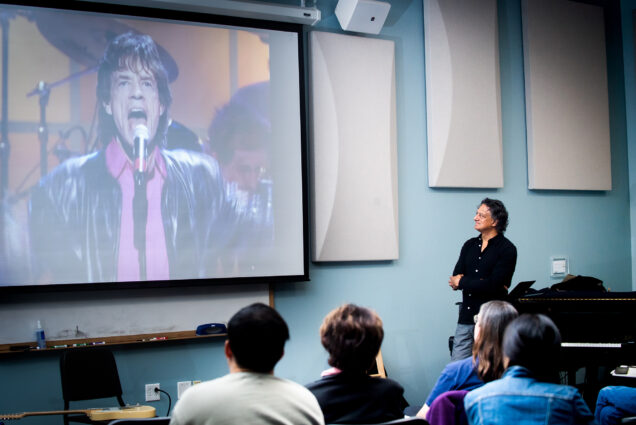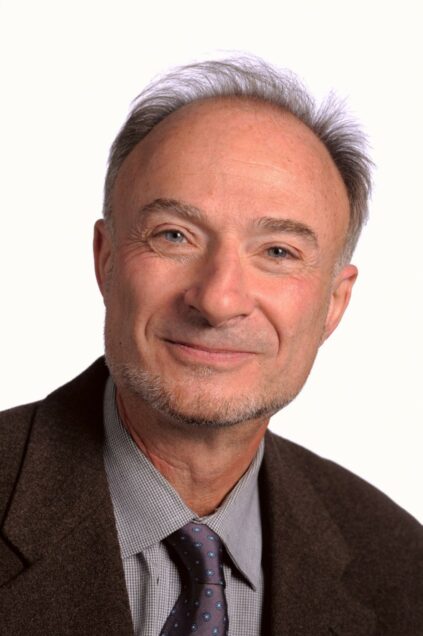The Musicology & Ethnomusicology Program at Boston University offers graduate degrees in Musicology, Ethnomusicology, and Musicology and Ethnomusicology as well as an undergraduate Bachelor of Art. The program is led by a prolific, supportive, and inclusive department, dedicated to the shared purpose of innovative, engaged, and rigorous scholarship. Students are engaged in interdisciplinary, disciplinary, historical, translational, analytical, and cross-cultural thinking.
The twelve full-time faculty and two affiliated faculty in BU’s Department of Musicology & Ethnomusicology work on Early, Baroque, Romantic, Modernist and Avant-Garde music in the European classical tradition as well as jazz, ragtime, rock, and music in South and East Asia, sub-Saharan Africa, Latin America, the Caribbean, Europe, and the United States (including Black Boston). Our faculty’s theoretical focuses include race, the body, historical performance, global queer identities, protest, politics, ritual, violence, technology, sound studies, manuscript studies, post-colonial studies, modernity, and medical ethnomusicology
Degrees Offered
Featured Faculty
-
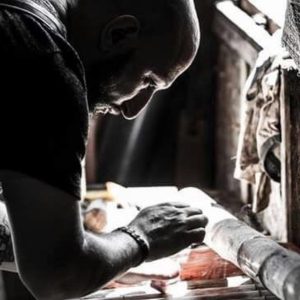
Michael Birenbaum Quintero
Associate Professor of Music; Chair, Musicology & Ethnomusicology Department
-
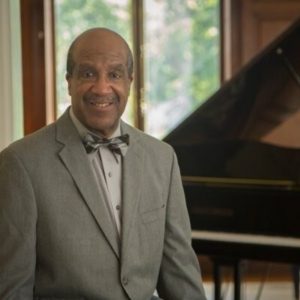
Leland Clarke
Professor of the Practice, Musicology & Ethnomusicology
-
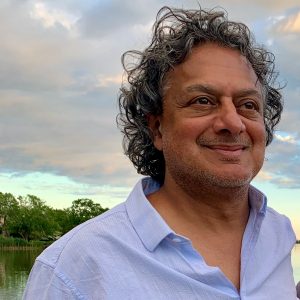
Victor Coelho
Professor of Music; Director, Center for Early Music Studies; Chair, Department of Historical Performance
-

Brita Heimarck
Associate Professor of Music
-

Gregory Melchor-Barz
Professor of Ethnomusicology
-

Duncan Reehl
Lecturer in Music, Musicology and Ethnomusicology
-

Andrew Shenton
Professor, Musicology and Ethnomusicology; James R. Houghton Scholar of Sacred Music (School of Theology)
-

Jeremy Yudkin
Professor of Music; Co-Director of the Center for Beethoven Studies
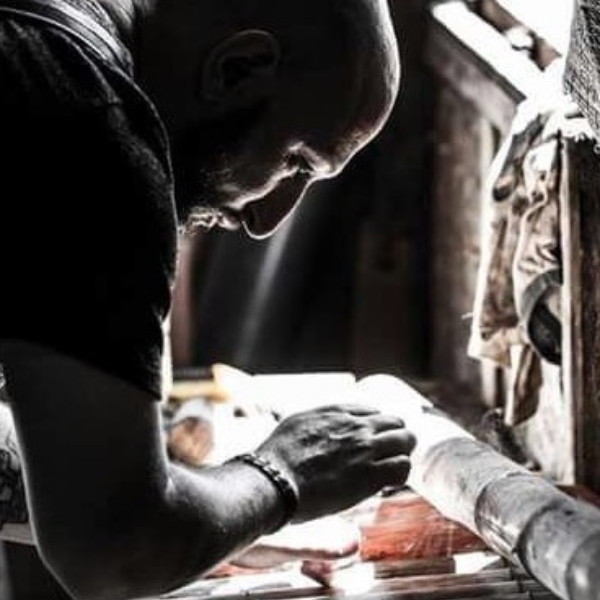
Meet the Chair of Musicology & Ethnomusicology at BU
For Michael Birenbaum Quintero, associate professor of music and chair of BU’s musicology and ethnomusicology department, his roots led him to his discovery of wanting to become an ethnomusicologist. As a Colombian-American, Quintero has spent his life studying Black cultural politics in Latin America, examining the place of music in both the Afro-Colombian social movement and the cultural policy of the state under neoliberal multiculturalism.
In CFA’s Faculty Feature series, the award-winning ethnomusicologist talks with CFA about what makes BU’s programs in musicology and ethnomusicology distinct and how the department he leads supports students in their graduate-level studies.
“One of the things that distinguishes our department is that we’re interested in breaking down the barriers between musicology and ethnomusicology. We’re very interested in historical research on music outside and inside of the West. We’re interested in classical music as a living practice and a historical legacy. We think about, theorize about, and collaborate with living classical musicians and audiences and non-western musicians and communities. This is an important aspect of the identity of the department.”

